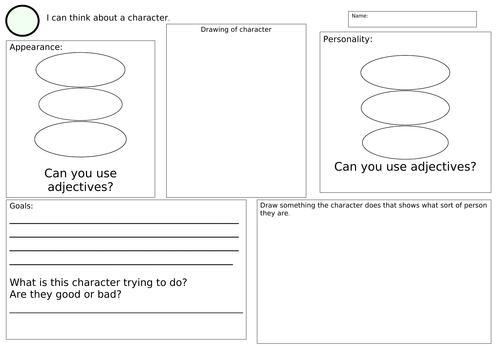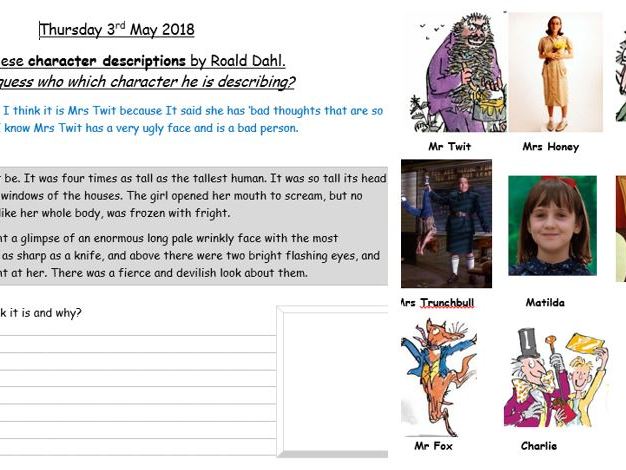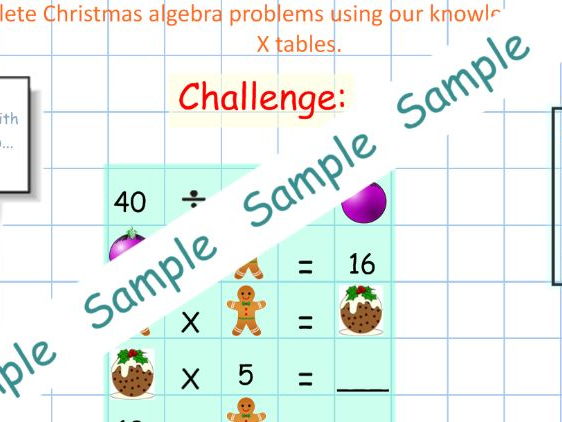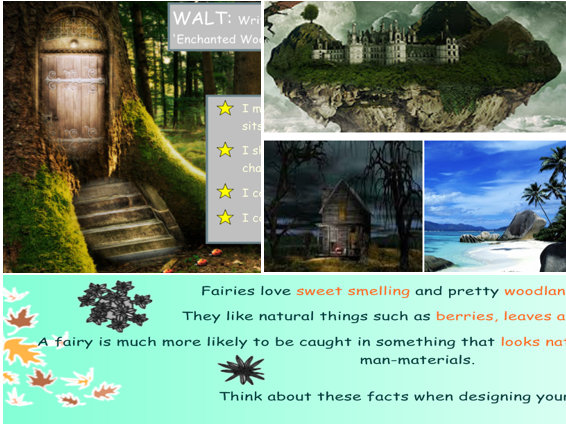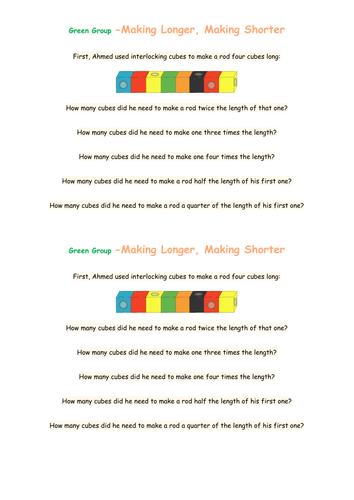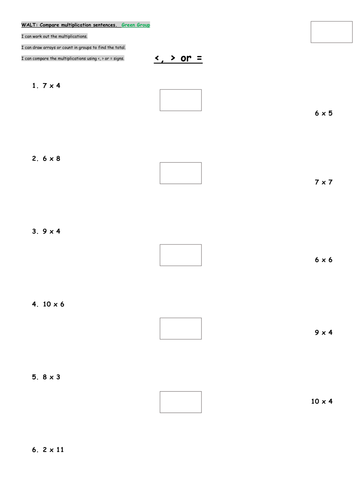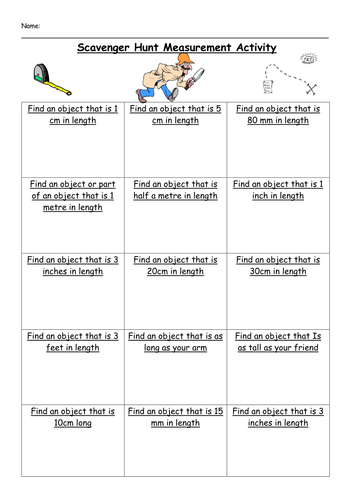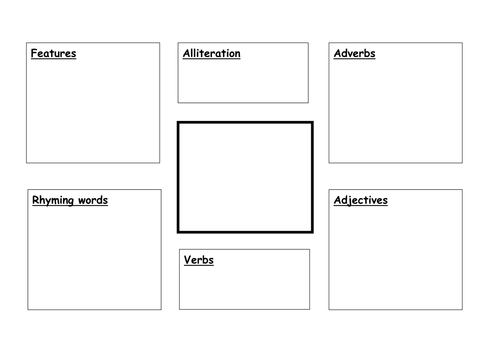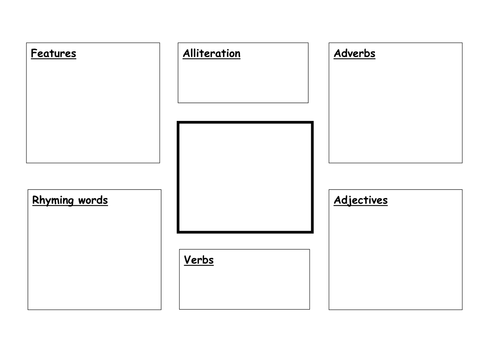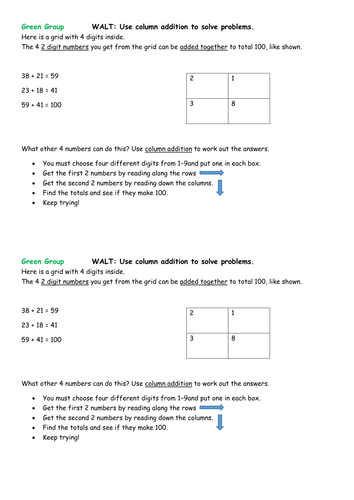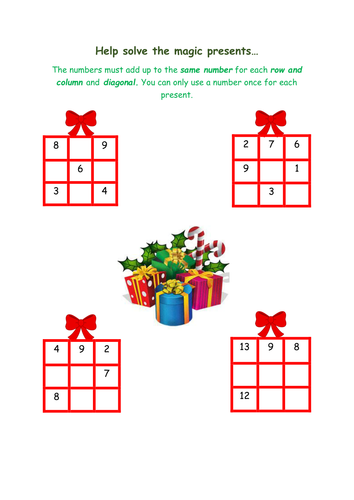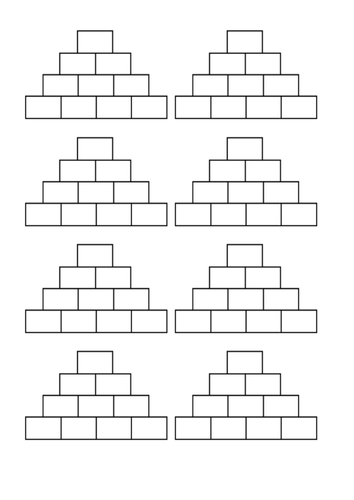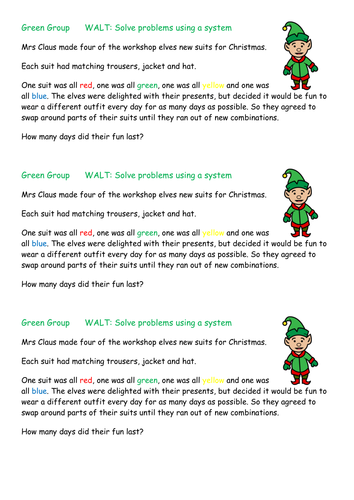
22Uploads
25k+Views
8k+Downloads
All resources

Year 2 KS1 reading exempification - responding to reading tasks - reading evidence independent tasks
This is a range of 16 different activities that I have used with my year 2 class to gain evidence of reading and understanding tasks, to take for reading moderations.
These tasks have been planned with the Teacher Assessment Framework in mind for KS1.
The tasks are all editable and can be adjusted to fit any other fiction / non fiction text or poem.
**This will give you evidence of: **
word reading - suffixes and common exception words
understanding characters
answering questions about a text
making predictions and inferences based on what is being said or done
explaining what has happened so far in a text
interpreting poetry
writing their own versions of poetry
using instructions to make their own information leaflet
Some of these can also secure evidence for Greater Depth.

Year 2 Maths sats revision prep / problem solving / arithmetic / reasoning morning starters/ recap
I made this smart notebook resource to prepare my children for the maths reasoning and arithmetic sats papers by recapping most of the year 2 curriculum. It has also been a great resource to review and practise a lot of different methods that we haven’t used for a while.
The smart notebook has 21 different pages that recap different areas of Maths.
Very good for Year 2 morning activities and lesson starters!
The resource features;
arithmetic paper questions, missing number sentences, using the inverse to solve missing numbers, morning brain teasers, addition & subtraction practise, practising column method, finding the difference, missing number sequences, missing symbols, writing the time, a range of word problems, fractions of shapes, visual problems, larger 2 - 3 step problem tasks and reasoning paper style questions.

Year 2 Evidencing GD Reading - solve the Roald Dahl character descriptions - Greater Depth Inference
**I used this to evidence reading of suffix words and making inferences.^^
The children have to read the 2 pages of character descriptions from Roald Dahl books and work out whch character they are. There’s lines for them to explain how they know using examples from the text. There is also a potrait box for a sketch of the character that is being described. I laid out pictures of well known Roald Dahl characters on the table and the children completed this task as an independent guided reading activity. **
Good evidence against exemplification materials:
The pupil can:
• read accurately most words of two or more syllables
• read most words containing common suffixes*
• read most common exception words.*
In age-appropriate books, the pupil can:
• read words accurately and fluently without overt sounding and blending, e.g. at
over 90 words per minute
• sound out most unfamiliar words accurately, without undue hesitation.
In a familiar book that they can already read accurately and fluently, the pupil can:
• check it makes sense to them
• answer questions and make some inferences on the basis of what is being said
and done.

Money Year 2 KS1 addition and subtraction lesson resources / activities and Smart board for mastery
There is a smart board presentation to help teach addition and subtraction (giving change) of money. Many of the lessons were practical however I taught my class the column method at the same time, so this features throughout.
In this bundle there is:
Differentiated money problems (mainly addition)
Reasoning and Problem solving activities inc. starter and challenge (differentiated X 3)
Cool Cat cafe money problem sheet (differentiated X 3)
Column addition mat to laminate for resources
Lower ability coin match worksheet
Reasoning practical tasks sheet containing 7 'convince me'style tasks and challenges
Giving change money word problems (differentiated X 4)

Christmas algebra puzzles -multiplication and division Year 2 problems - Greater Depth
This is a Smart board containing 2 pages of missing number problems for Year 2 multiplication and division facts. The missing numbers are replaced by Christmas emoji symbols and must be completed from the top down in order to get to the end of the problem.
There is also a word document containing 3 abilities of challenges. Ideally for Year 1 / 2 as contains multiplication and division facts from the 2, 5 and 10 X tables. I cut them up and let the children access the HA as a challenge, etc.
Enjoy!

Year 2 writing exemplification checklist - KS1 Expected and Greater Depth. moderation aids/ exemp
UPDATED FOR 2018 TEACHER ASSESSMENT EXEMPLIFICATION
These are margin sized checklists for children to include various Year 2 writing skills into any piece of writing. The children can tick off each one as they include them into letters, fact files, diary entries, etc. They can be suited to almost any type of writing and ensure that children evidence the essential skills needed to show Expected Standard or Greater Depth for end of KS1 assessment.
I’ve represented each skill with a symbol or words such as ‘bright, spotty butterfly’ for adjectives / an expanded noun phrase. There are examples of coordination/ subordination to include, tricky words, contractions, etc. The Greater Depth margin is differentiated by including joins, Year 2 suffixes and all of the punctuation taught so far inc possessive apostrophes.
This is a great resource that has pushed my class to show more skills within their writing and they really enjoy ticking each thing off with whiteboard pens. Just print, laminate, cut and enjoy!

KS1 Year 2 literacy Enchanted Woods topic. IWB Lesson starters and writing activities.
This is my main IWB smartboard resource that I used to sequence my literacy lessons together during an 'Enchanted Woods' topic. I read the story to my class whilst I was using this resource and they produced some of their most imaginitive writing to date.
I have included 2 IWB resources:
Main Enchanted Woods- many lesson starters and plenary activities (28 pages)
- Developing and describing enchanted story settings
- Writing postcards from the settings
- Story planning (magic objects, characters, settings and plots)
- Writing a structured beginning, middle and end of story.
- Writing a blurb for the books.
- Writing a diary entry from the enchanted woods.
- Writing a blurb for their own enchanted stories.
It also contains a 'Instructional Writing' IWB resource to help children design their own enchanted creature trap, make their trap and write instructions to use their trap.
I have included a few writing templates and success criteria strips that I used during the lessons also. This resource will definitely set you off to a great start in an Enchanted Stories type of topic, KS1 or lower KS2. Enjoy!

Cubes activity comparing fractions
This is a maths problem to get children to understand the fractions 1/2 and 1/4 and use language such as double and half the length. I used this with a Year 2 class alongside practical resources to help their understanding of fractions. The resource is differentiated x 3 ways and has 2 differentiated extension tasks.
Differentiation:
Green HA
Orange MA
Blue LA

Comparing multiplications array activities
This resource requires children to compare multiplication questions using more than, less than or = signs.
Each sheet has space underneath for an array to be drawn or working out. It is differentiated 4 times. A mastery differentiation also requires doubling / halving skills as well as multiplication.
There is an extension word problem to further challenge children about the lengths of a pool. This extension revisits repeated addition as well as visualising a multiplication. Suitable for most of KS1 and editable.

Measures Scavenger Hunt
A scavenger hunt for children to find items around the surrounding space that measure different lengths and heights. Measurements include mm, cm and metres. There are also some non-standard measurements to find such as 'as tall as your friend' and 'as long as your arm'. Fun activity that lasts a full lesson.

Bossy Verbs, adverbs and Commands Lessons - Gingerbread lessons KS1
The gingerbread man lesson was to get the children to alter the types of verbs they use in their writing and encourage them to use more exciting verbs. This was a very fun lesson that I used for an observation and is well differentiated with fun activities.
Includes; smart board lesson starter inc game, modelling sheet, text sheet to be printed on A3 for children to highlight the verbs, 4 x differentiated activities for Year 2 class, speech bubbles sheet for LA/SEN and instructions for TA to work alongside HA group.
The presentation also includes an activity I did later that week to use bossy verbs to write school rules posters.

Phonics Football and Cups games
2 fun games that can be edited to suit the phonics sound or word type that you are currently teaching.
1st game has footballs with different words on that the children can flick (interactively) into the goals.
2nd game has 3 cups per page with different words on. The children must read the word on the cup to try and find where the toy bear is hiding. Can also be changed to suit your current sound.

Science STEM Lego / Young Engineers Club Ideas KS1 / KS2 IWB
This presentation contains weeks worth of ideas to kick start your own Lego / Stem/ Engineers Club.
Includes tasks such as designing outdoor play equipment, bird engineering task, building a fairy tale setting, choosing a famous landmark to recreate and many more!
Contains pictures of recreations made using children's building tools to support younger children.
Enjoy! (Updated notebook with lots more ideas)

Introducing Column Addition and Subtraction KS1
A smartboard presentation / activity to introduce column addition and subtraction. Included lots of interactive slides for children to get involved and complete the calculations.

Diamond Poems Planning Notebook KS1
A smartboard detailed activity to help children understand the format of a diamond poem, themes and vocabulary needed to create their own. This includes lot of pages to complete as a class using the smart board. It also included several examples of diamond poems for clas to discuss and highlight.
Diamon poem template also included for children to create their own. We did ours about our favourite holidays and had some excellent writing from this.

Seasonal Poetry - writing autumn poems KS1
A notebook resource to encourage children to think of different vocabulary to use in a poem. Includes; nouns, adjectives, verbs and adverbs. This was used to plan our autumn poems and alot of the planning was done on whiteboards and through discussion.
Includes diamond poem template sheet.

Addition problems and challenges KS1 - to reinforce column addition
There are 3 activities for a Year 2 class to use column addition to solve a problem. The lower and middle activity requires children to try arranging 2 digit numbers to make the biggest and smallest totals they can find. The higher activity requires 4 numbers to be arranged into a grid with a set of instructions to make a total of less than 100. This includes adding the columns and rows then totalling the answers together. This really challenged my HA and had lots of opportunities to practise column addition.

Magic Number Squares Problem Solving
Puzzle 1
The numbers must add up to the same number for each row and column and diagonal. You can only use a number once for each present.
A fun way to challenge children to add different numbers together. Lots of problem solving and number skills are used for this activity. Suitable for all KS1 as different numbers can be used in the boxes (presents).
Puzzle 2
(HA)
Children must try a range of 2 digit numbers to total less than 100 by adding all of the columns and rows together in the magic box. This takes numerous attempts to solve the problem and is good for reinforcing column addition to add 2 digit numbers together. Uses good problem solving skills and mastery skills when selecting the right digits.

Number Pyramid Problems
These pyramids require children to use their addition and number skills to make different totals. Each box must be the product of the 2 boxes below it. This requires lots of maths skills and problem solving. Can be differentiated many ways to make many totals at the top of the pyramids as all number boxes are editable. Fun activity to reinforce addition.
Also included blank pyramids for the children to make their own totals as an extension.

Elf Suits Systematic Working activity/ Problem
This is a fun approach to introducing and using a systematic approach. The elves have been given specific coloured outfits but they want to swap them around to change up their outfits. The problem requires children to use a system to ensure that they record all of the outfit possibilities.
Resource is differentiated x 3 ways and is editable.
Elf outfit templates included. Enjoy!

